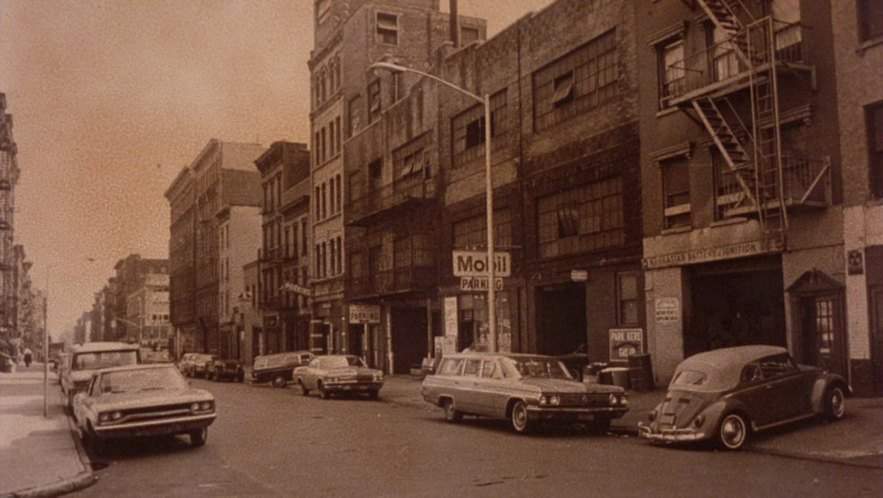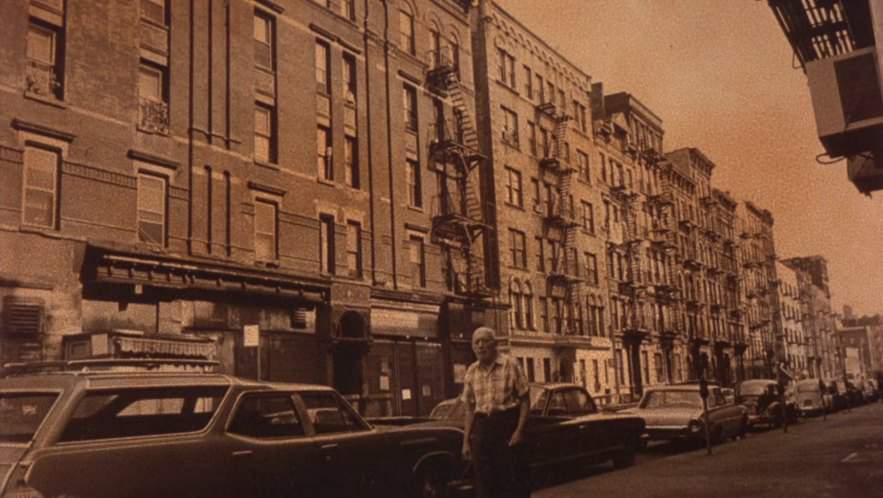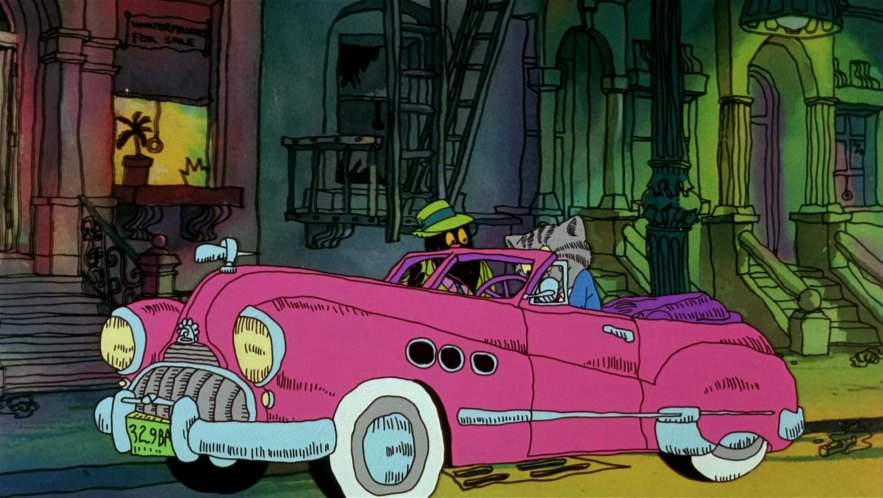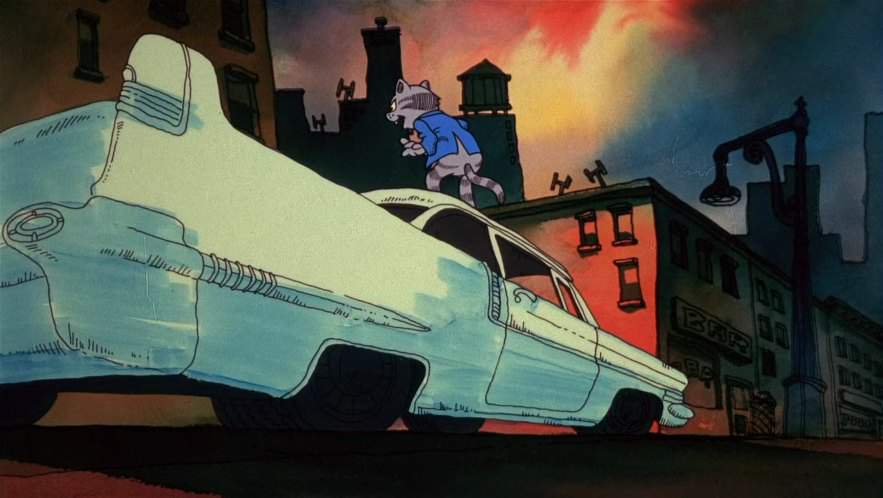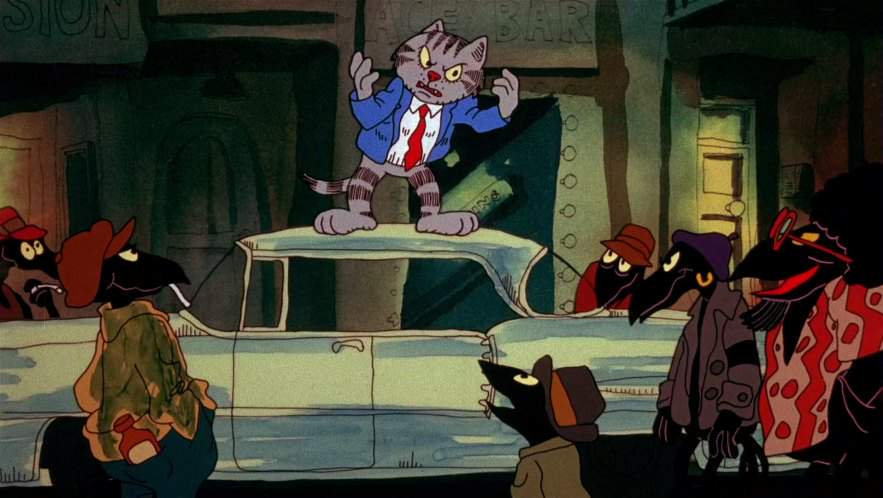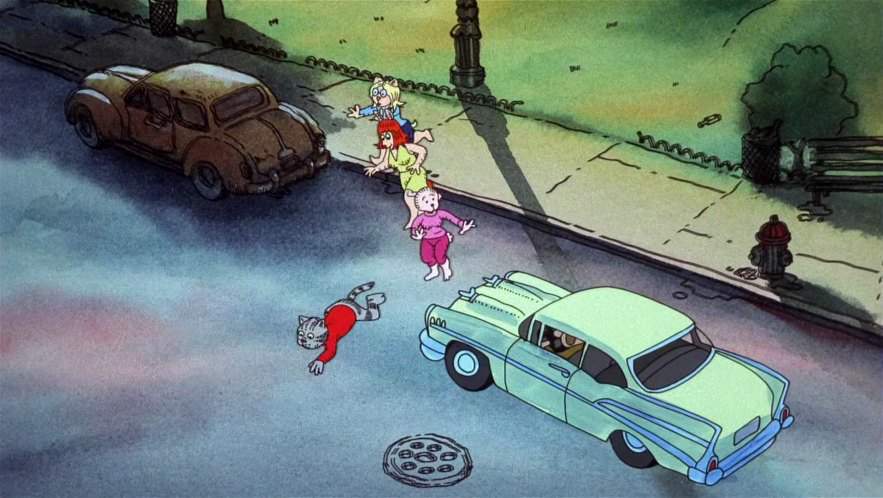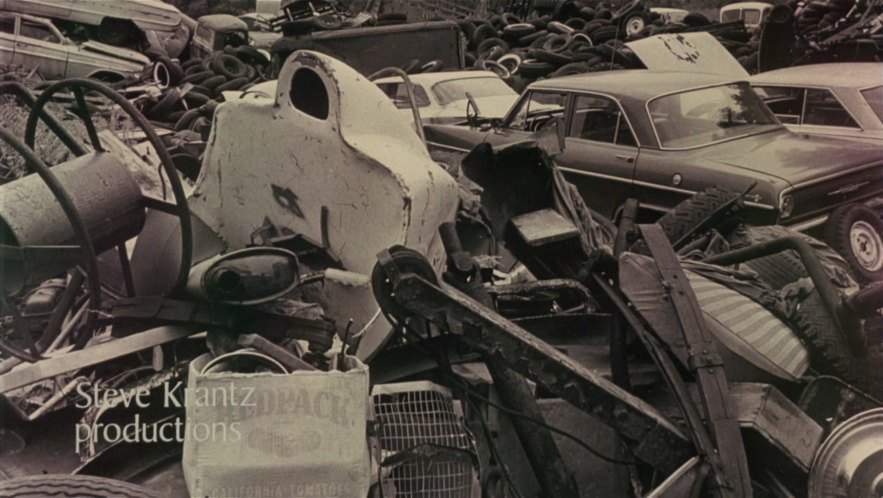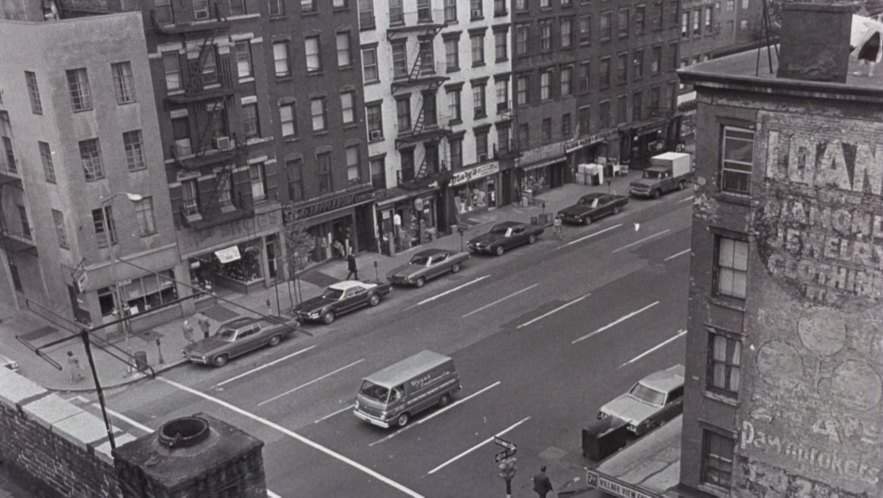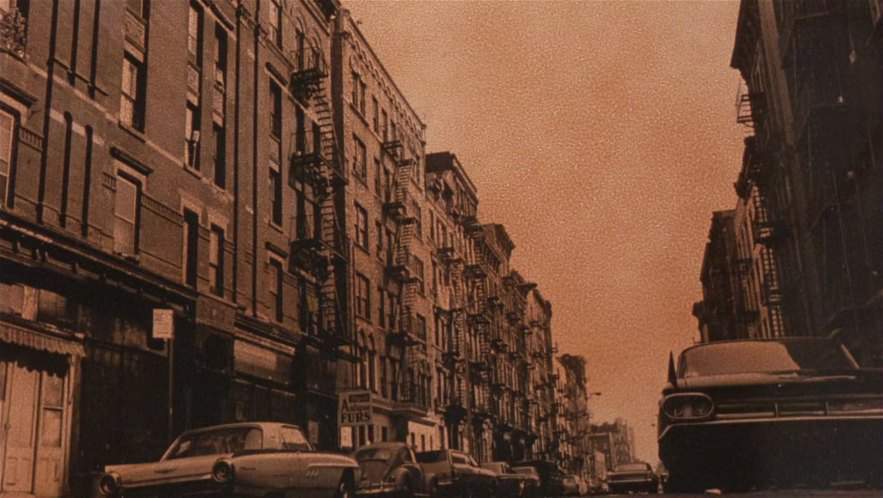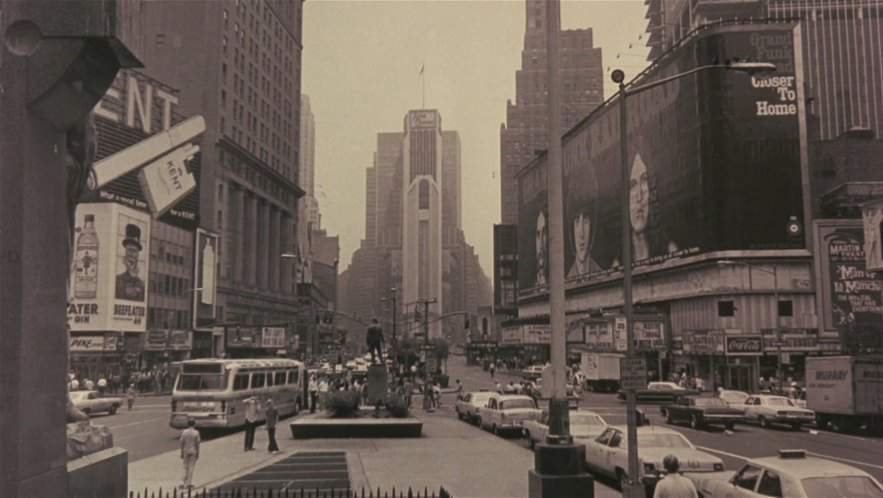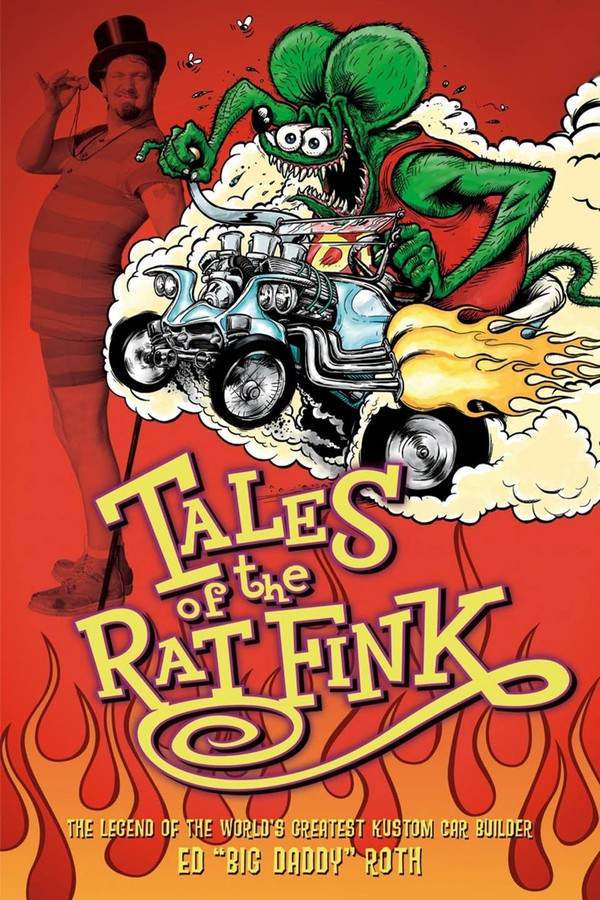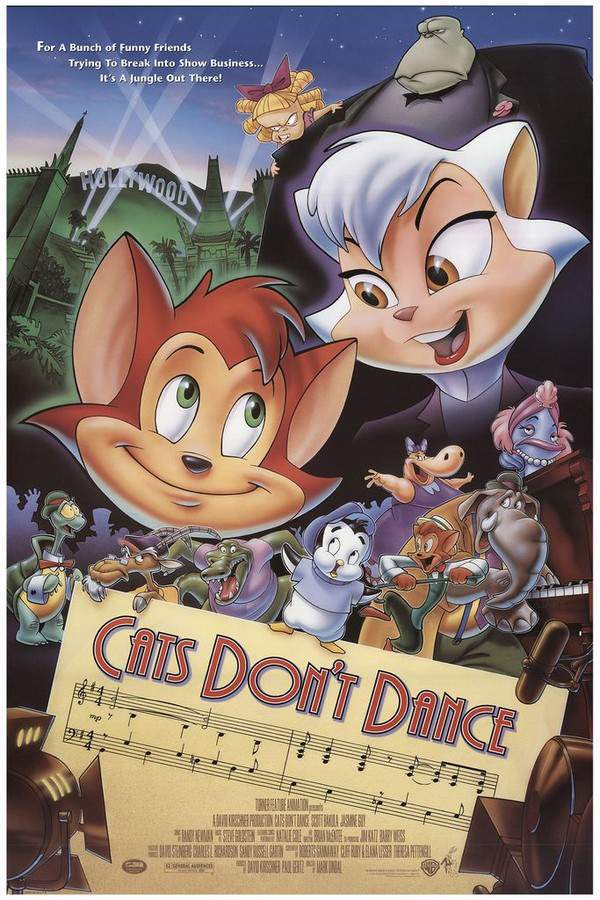Fritz the Cat 1972
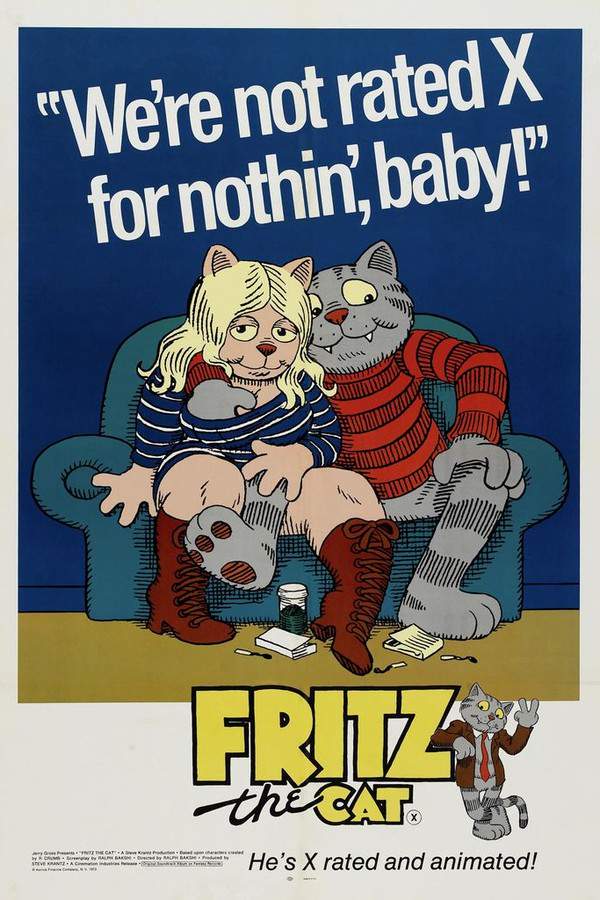
A charming and rebellious cat embodies the spirit of the 1960s counterculture. Fritz explores the hypocrisy and excesses of college life, encountering a colorful cast of characters and navigating a changing world. He's a charismatic provocateur, using wit and charm to challenge societal norms and embrace a life of freedom and anarchy.
Does Fritz the Cat have end credit scenes?
Yes!
Fritz the Cat does have end credit scenes. Stay until the very end!
Meet the Full Cast and Actors of Fritz the Cat
Explore the complete cast of Fritz the Cat, including both lead and supporting actors. Learn who plays each character, discover their past roles and achievements, and find out what makes this ensemble cast stand out in the world of film and television.
External Links and Streaming Options
Discover where to watch Fritz the Cat online, including streaming platforms, rental options, and official sources. Compare reviews, ratings, and in-depth movie information across sites like IMDb, TMDb, Wikipedia or Rotten Tomatoes.
Ratings and Reviews for Fritz the Cat
See how Fritz the Cat is rated across major platforms like IMDb, Metacritic, and TMDb. Compare audience scores and critic reviews to understand where Fritz the Cat stands among top-rated movies in its genre.

54
Metascore
5.3
User Score


64%
TOMATOMETER

59%
User Score

62
%
User Score
Take the Ultimate Fritz the Cat Movie Quiz
Challenge your knowledge of Fritz the Cat with this fun and interactive movie quiz. Test yourself on key plot points, iconic characters, hidden details, and memorable moments to see how well you really know the film.
Fritz the Cat Quiz: Test your knowledge on the provocative and chaotic adventures of Fritz the Cat in 1972's animated classic.
What setting serves as the backdrop for the initial gathering of free-spirited hippies?
Central Park
Washington Square Park
Union Square
Riverside Park
Show hint
Full Plot Summary and Ending Explained for Fritz the Cat
Read the complete plot summary of Fritz the Cat, including all major events, twists, and the full ending explained in detail. Explore key characters, themes, hidden meanings, and everything you need to understand the story from beginning to end.
In the lively backdrop of 1960s Washington Square Park, a group of spirited hippies gathers to express their beliefs through protest songs and messages of rebellion. Among the lively crowd is Fritz, a charismatic tabby cat with a boundless thirst for adventure and romance. Joined by his fellow feline friends, they embark on a daring quest to impress the ladies. As they serenade passersby, their music initially meets indifference—until the arrival of a trio of enchanting young women who catch their eye, drawn in by a majestic crow perched nearby.
The women’s dismissive remarks about people of color are sharply rebutted by the crow, which then takes flight. Unfazed, Fritz takes this as his chance to present himself as a misunderstood soul, convincing the girls that they will discover truth and enlightenment in his presence. The quartet makes its way to a friend’s apartment, where a raucous party is already underway.
As the evening progresses, the group becomes engulfed in the celebrations, with Fritz rallying the girls to join him in a wild escapade involving a bathtub. As the festivities ramp up, two heavyset NYPD officers arrive to disrupt the party, but the attendees cleverly evade their attempts to impose order. One officer stumbles upon Fritz and his newfound companions engaged in a passionate rendezvous, prompting chaos as they scramble for cover in a cloud of marijuana smoke.
Despite the officers’ pursuit, Fritz rises to the occasion. In a bold act of defiance, he emerges from his haze, seizes one officer’s gun, and fires a shot that disrupts the party dramatically—causing the water main to burst, leading to a chaotic rush of partygoers fleeing in all directions.
As the officers pursue him into the streets, Fritz finds himself amidst a synagogue, where the congregation celebrates America’s decision to bolster military aid to Israel. Seizing a moment of distraction, Fritz vanishes into the crowd like a ghost.
Upon returning to his dormitory, he discovers his roommates are too absorbed in their studies to notice him. Dissatisfied with the monotony of student life, he takes drastic measures by torching his notes and books, igniting a fire that spreads rapidly, engulfing the entire building. Meanwhile, in the bustling nightlife of Harlem, Fritz encounters Duke the Crow at a pool table, engaging in a high-stakes game. After narrowly escaping trouble with the bartender, Duke encourages Fritz to “bug out,” leading them on a reckless vehicle ride that ends with Fritz careening off a bridge—only for Duke to save him at the last second.
The duo soon finds themselves at the apartment of a notorious drug dealer, Bertha, whose potent cannabis heightens Fritz’s desires. As they indulge in a passionate encounter, Fritz suddenly feels an urge to spread the revolutionary spirit to the world. Leaving Bertha behind, he steps onto the city streets to incite a riot that escalates dramatically, prompting police and the NY Air National Guard to deploy troops. The chaos culminates in a terrifying moment as F-104 jets drop bombs over Harlem.
Fritz takes refuge in an alley, where he reunites with his older fox girlfriend, Winston Schwartz, who instinctively drags him on a road trip to San Francisco. When their vehicle runs out of fuel in the desert, Fritz abandons her and continues alone. His journey leads him to cross paths with Blue, a drug-addled rabbit biker and his horse girlfriend Harriet. Together, they arrive at an underground hideout where two revolutionaries—a mysterious gecko known as “the lizard leader” and a hooded snake named John—reveal a plot to blow up a power station. Tension escalates when Harriet encourages Blue to join her for a meal, but he responds with violence, compelling Fritz to intervene. However, he is overpowered, resulting in a harrowing scene of betrayal and aggression, culminating in a horrific assault on Harriet.
Later, Fritz has a change of heart regarding the planned destruction and attempts to dismantle the explosives, yet he finds himself caught in the devastating aftermath of the explosion.
In the solemn atmosphere of a Los Angeles hospital, Harriet, disguised as a nun, along with her youthful companions from the park, gather to honor the gravely ill Fritz. Hope seems dim until, unexpectedly, Fritz makes a remarkable recovery. Recalling his earlier charm, he delivers the same passionate speech that once enamored the New York trio. This sparks an impromptu celebration, catching Harriet off guard as Fritz finds himself caught up in another unexpected romantic escapade.
As the hospital’s tranquil air shatters, a deputy from the Los Angeles County Sheriff’s Department stands guard outside, his serious demeanor betraying a glimmer of respect as he remarks, >“Ah, poor cat… he was a tough kid, wasn’t he?” The film concludes with a poignant reminder of a life fully lived, echoed in the bittersweet farewell of those left behind.
Uncover the Details: Timeline, Characters, Themes, and Beyond!

Coming soon on iOS and Android
The Plot Explained Mobile App
From blockbusters to hidden gems — dive into movie stories anytime, anywhere. Save your favorites, discover plots faster, and never miss a twist again.
Sign up to be the first to know when we launch. Your email stays private — always.
Watch Trailers, Clips & Behind-the-Scenes for Fritz the Cat
Watch official trailers, exclusive clips, cast interviews, and behind-the-scenes footage from Fritz the Cat. Dive deeper into the making of the film, its standout moments, and key production insights.
Cars Featured in Fritz the Cat
Explore all cars featured in Fritz the Cat, including their makes, models, scenes they appear in, and their significance to the plot. A must-read for car enthusiasts and movie buffs alike.
Fritz the Cat Themes and Keywords
Discover the central themes, ideas, and keywords that define the movie’s story, tone, and message. Analyze the film’s deeper meanings, genre influences, and recurring concepts.
Fritz the Cat Other Names and Titles
Explore the various alternative titles, translations, and other names used for Fritz the Cat across different regions and languages. Understand how the film is marketed and recognized worldwide.
Similar Movies To Fritz the Cat You Should Know About
Browse a curated list of movies similar in genre, tone, characters, or story structure. Discover new titles like the one you're watching, perfect for fans of related plots, vibes, or cinematic styles.
Quick Links: Summary, Cast, Ratings, More

What's After the Movie?
Not sure whether to stay after the credits? Find out!
Explore Our Movie Platform
New Movie Releases (2026)
Famous Movie Actors
Top Film Production Studios
Movie Plot Summaries & Endings
Major Movie Awards & Winners
Best Concert Films & Music Documentaries
Movie Collections and Curated Lists
© 2026 What's After the Movie. All rights reserved.













